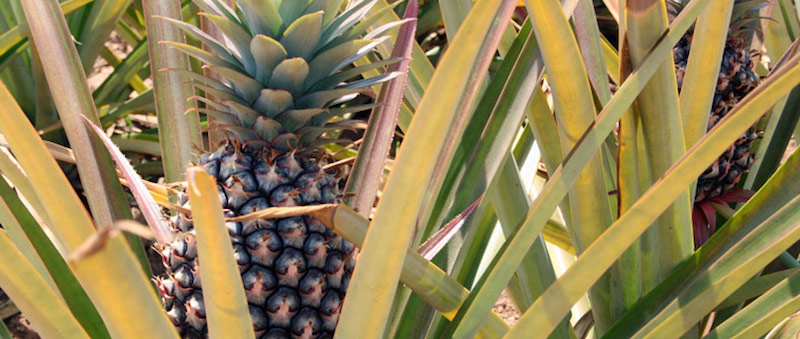NEW YORK | NAIROBI (INPS | GIN) – A foreign company – let’s call it Goliath – is battling two small counties in Kenya – we’ll call them David – over the rights to prime farmland from which the Kenyans are seeking a small slice for public use.
The two counties – Murang’a and Kiambu – were looking for a better deal from the Del Monte juice company which was looking to renew its contracts for farmland, expiring in 2022 in Murang’a, and 2019 in Kiambu.
But the proposal to set aside 3,000 acres for public use out of the approximately 22,500 acres leased by Del Monte was received with outrage. The company took their case to court.
In its suit filed before the Constitutional Division of the High Court, Del Monte accused the two counties of making an unreasonable and unconstitutional decision to request the slice of land along Thika Kenol Highway for community use.
The counties, charged Njoroge Regeru, the attorney for Del Monte, were committing “discrimination against multinationals”.
“The fact that some companies are multinational does not mean that they don’t have rights over land. They too have a right to have their land leases renewed,” argued Regeru.
According to Del Monte, the company employs 7,000 workers, more than half of them women. Giving over the small tract, the company said, will not only render its business economically unsustainable, but will also result in a vast majority of its workforce losing their jobs and their dependents losing their source of livelihood.
But Kenyan lawyer David Mereka, representing one of the two counties, rebuffed the company claims. Murang’a people, he said, are wallowing in poverty more than 50 years after independence due to a lack of land and benefit-sharing of the natural resources.
There has been no violation of Del Monte’s constitutional rights, he maintained, given that the counties were merely involved in negotiations with respect to the company’s application for renewal of its leases.
Much of Kenya’s lands were signed away in 99 year contracts to companies growing crops for export.
On the Del Monte pineapple plantations, Mureka added, working and living conditions are poor, trade unions face intimidation, workers suffer from pesticide use, no locals are employed in senior positions and large wage and remuneration differences exist between local and expatriate workers.
Under an agreement with the government in 1968, the company does not buy from local farmers and pineapple planting is restricted by a government regulation to those licensed by the Canning Crops Board.
The juice maker is asking the court to order the two counties to renew its leases, saying that if this is not done it risks losing investments worth billions of shillings. The case has been referred to Chief Justice Willy Mutunga for further action. [International Press Syndicate – 29 February 2016]
Photo: A pineapple grown using training and tools from Farm Africa that help farmers process and package produce to sell all year round. Credit: Farm Africa

